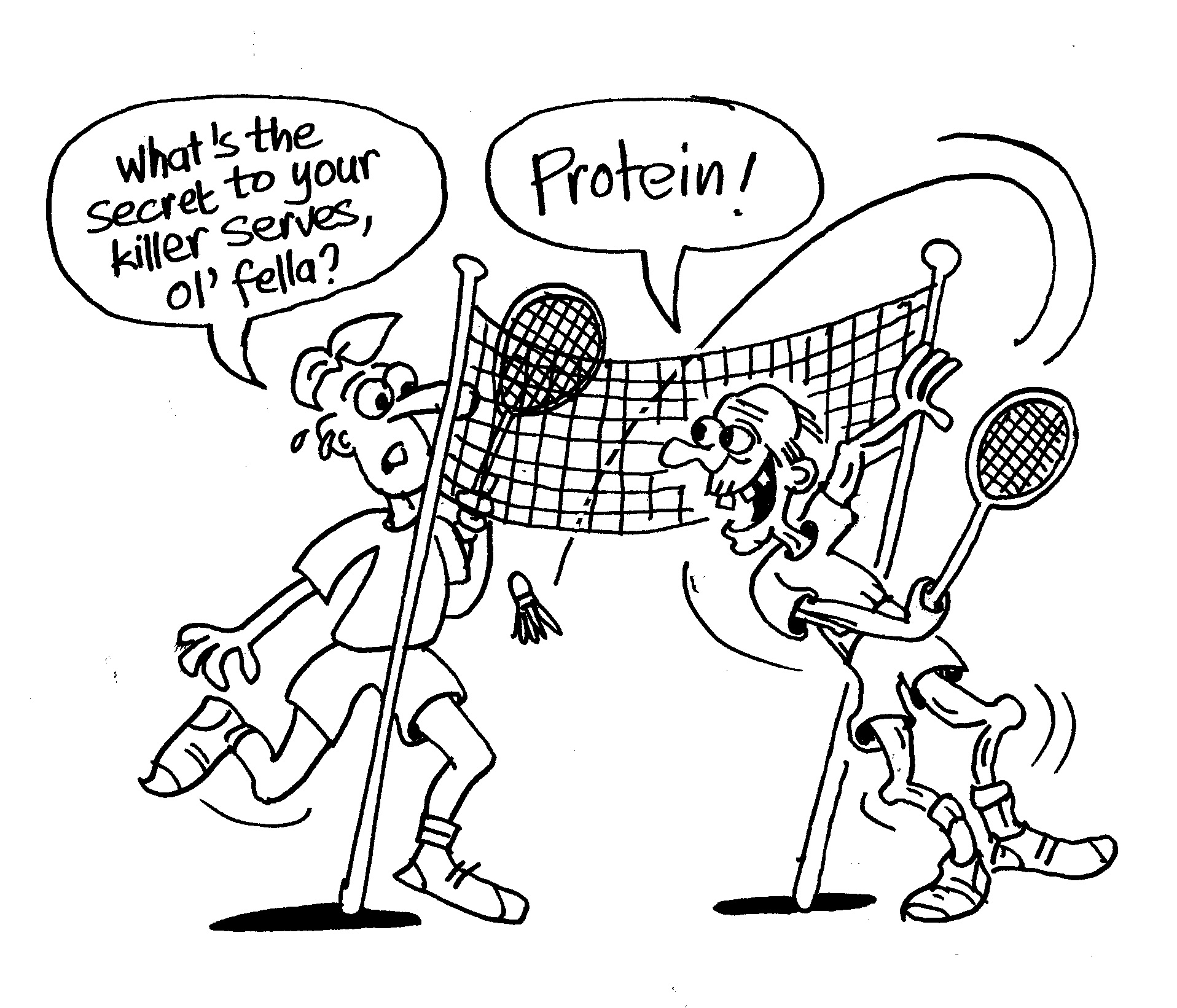Ngaire Hobbins on why dietitians need a bigger role in residential aged care by Paula Goodyer
 Paula Goodyer
Paula Goodyer
 When aged care allows people to dwindle: Ngaire Hobbins on why dietitians need a bigger role in residential aged care
When aged care allows people to dwindle: Ngaire Hobbins on why dietitians need a bigger role in residential aged care
Weight gain might be a problem in midlife but in older age the challenge can be keeping kilos on.
This is where many aged care homes need to lift their game says dietitian Ngaire Hobbs, who’s submitted evidence to the Royal Commission into Aged Care Quality and Safety on why residential age care urgently needs more input from dietitians.
“The system allows people to dwindle. Poor food quality or lack of individualised care can soon cause weight loss - and when older people lose weight they also lose muscle which increases frailty and compromises health. Muscle is an undervalued asset, especially in older age, and needs to be preserved. It’s an important reserve for organ repair, immunity support and a backup food supply for the brain - and maintaining it is why older people have higher requirements for protein.
“Yet by the time an aged care home calls in a dietitian because of concerns about a resident’s weight loss, it’s often too late - once an older person has lost muscle it can be difficult to turn things around. There needs to be a more proactive approach - losing ten per cent of lean body mass can impair your immune capacity, “says Ngaire, the author of Eat to Cheat Ageing who’s spent 20 years working with older people.
“In some ways toddlers and older people need a similar approach - they need high quality nutrition and they shouldn’t lose weight. A dietitian should be called promptly when someone starts losing weight and there should be more awareness of helping people maintain their appetite.
“We know grief affects appetite, for example, so if a resident’s partner dies the home should ensure the surviving partner is well nourished. If they only feel like eating small amounts of food they should be nutrient rich - every mouthful should count. “
Other factors affecting appetite in older people can include side effects of medication such as taste alterations or decreased saliva production which can make swallowing difficult.
An estimated 22 to 50 per cent of people in residential aged care are malnourished but more involvement from dietitians could prevent this, says Ngaire.
“When dietitians do a menu assessment, for instance, they should also be able to do a site audit to make sure the ingredients for the meals on the menu are there. If there’s pumpkin soup on the menu, is there pumpkin in the kitchen or just packets of dried pumpkin soup? You need to be able to follow the process through and then taste the result - that way you can tease out any problems and deal with them.”
But it’s not always food quality but other failures of the system that can leave people undernourished.
“Sometimes people don’t finish their meals because the tray is whisked away too soon or they have a meal in their room but the tray is placed out of reach so by the time they get around to eating it, it’s cold. People who work in marketing services for aged care like to talk about the quality of the food that’s provided - but it’s not much help if the food is congealing on a tray and uneaten. “
Aged care homes cite cost as a barrier to using dietitians’ services but Ngaire Hobbins believes better use of dietitians makes economic sense.
“If more care were taken to prevent weight and muscle loss we can save money - the cost of treating pressure injuries is very high, for example, but they can be prevented if people are well nourished. “
Although she’s a passionate advocate for people in care, she’s equally passionate about keeping older people in better shape so they can stay out of the residential system.
Again, this is where maintaining muscle helps.
“We need more awareness of the importance of preserving muscle in people over 60 with better diet and resistance training - that way we’d prevent much of the frailty that causes loss of independence.
“It’s also why dietitians should be cautious about recommending weight loss in people over 65 - unless they’re doing regular strength training. There might be an advantage to being 10 kilos lighter if someone is obese but there’s no way to achieve this without muscle loss unless they do resistance training. “
Ngaire Hobbins is the author of Eat to Cheat Dementia and Eat to Cheat Ageing and co-author with Michelle Crawford of Better Brain Food - eat to cheat ageing and cognitive decline.